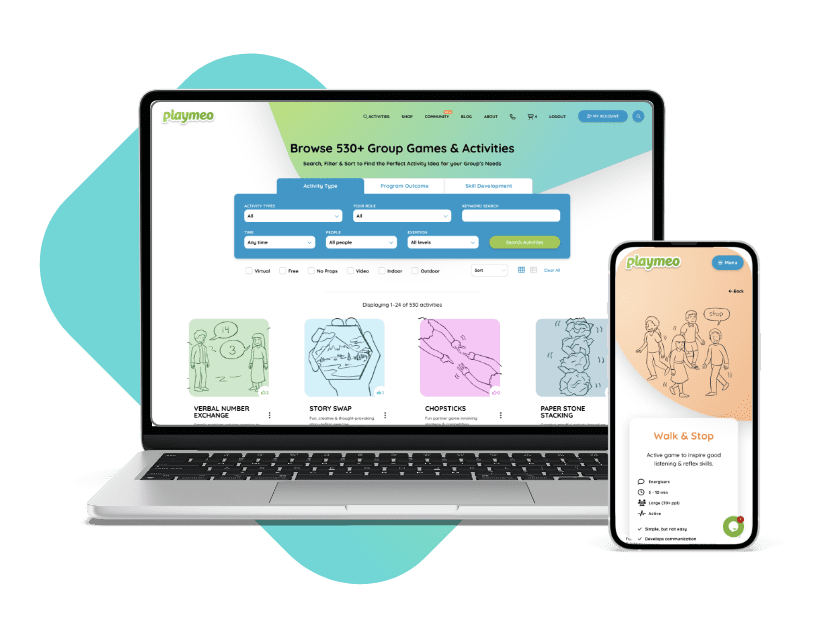Download our free 28-page ebook jam-packed with outrageously fun activity ideas.
Many people, including teachers and professional educators, have a poor understanding of what experiential learning is.
This article will help you understand what is experiential education in a quick, simple and non-technical manner.
What Is Experiential Learning?
Experiential-based learning is the process of learning through experience, and is more specifically defined as ‘learning through reflection on doing.’
It is also described as a ‘pedagogical process by which educators engage students through a cycle of direct experience, reflection, analysis and experimentation.’
Experiential learning is distinct from rote or didactic learning, in which the learner plays a comparatively passive role. Experience-based learning invites the student to be actively engaged in their learning, and therefore, can be personalised where appropriate.
This ‘experiential’ methodology is ideally suited to the development of key 21st Century skills such as the ‘4 x Cs’ of Collaboration, Critical Thinking, Communication and Creativity because these skills can be practised through a series of carefully sequenced experiences (refer Partnership for 21st Century Education for more information.)
Importantly, experiential-based learning is a way of doing – it is not something that one does. That is to say, the act of ‘doing’ does not, in and of itself, create learning. It is critical for the teacher to facilitate the learning process to ensure their students do more than just have a fun time.
This process, also known as a debrief, review or reflection, is an opportunity for your students to think about what has been learned. Read the example below to reinforce this universal truth.
That is, without some form of process of reflection, there is no experiential learning. Societally, the concept of experiential learning is often confused or conflated with ‘hands-on learning’ or ‘learning by doing’ – and while both are legitimate forms of teaching, they are not the same as ‘experiential learning.’
The key difference is the lack of reflection. Indeed, it can be argued that there is no such thing as learning by doing – you only learn through a process of reflecting on what you have done.
In short, when thinking what is experiential learning, consider it as a way of doing rather than the act of doing.
Here’s a short 4-minute video produced by the Independent Schools Experiential Education Network (ISEEN) that provides a wonderful, coal-face description of what experiential learning looks like, sounds like and feels like:






